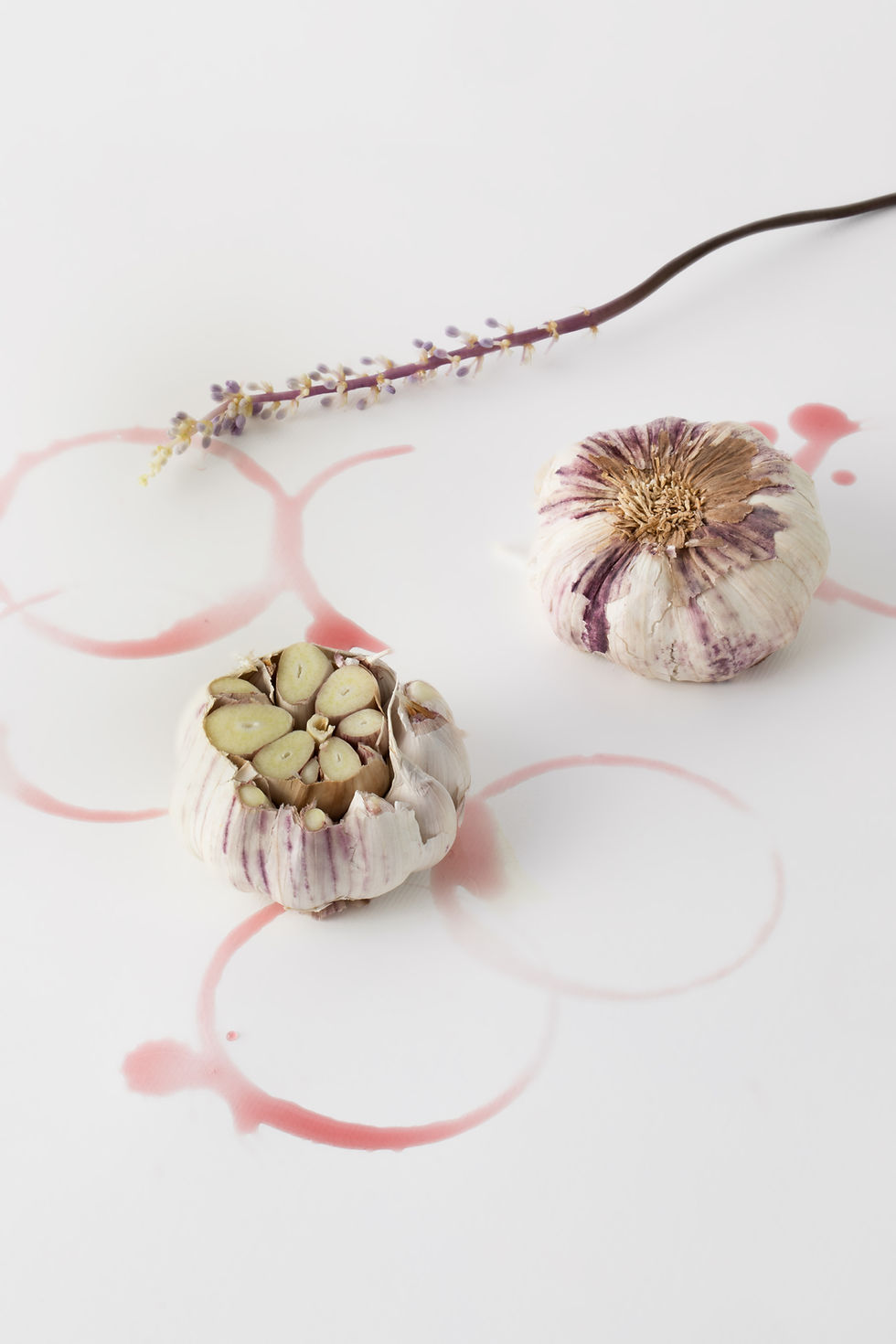The Potential Role of Mango and Sweet Potatoes in Reversing Insulin Resistance
- Optimum Wellness
- Sep 30, 2023
- 2 min read
Insulin resistance is a metabolic condition characterized by reduced responsiveness of cells to the hormone insulin, leading to impaired glucose uptake and elevated blood sugar levels. It is a precursor to type 2 diabetes and is associated with various health complications. While medical interventions such as medications and lifestyle changes are commonly recommended to manage insulin resistance, emerging research suggests that certain dietary choices may have a positive impact. Among these dietary choices are mangoes and sweet potatoes, which are rich in nutrients and bioactive compounds that could potentially aid in reversing insulin resistance.
Mango and Insulin Resistance
1. Fiber Content:
Mangoes are a good source of dietary fiber, particularly soluble fiber, which can slow the absorption of glucose in the bloodstream. This helps in preventing rapid spikes in blood sugar levels after meals, a key factor in insulin resistance development.
2. Antioxidant Properties:
Mangoes are rich in antioxidants, such as vitamins C and A, as well as various phytochemicals like quercetin and beta-carotene. These antioxidants help reduce oxidative stress, which is associated with insulin resistance and impaired insulin signaling.
3. Anti-Inflammatory Effects:
Chronic inflammation is closely linked to insulin resistance. Mangoes contain anti-inflammatory compounds that may help reduce inflammation in the body, improving insulin sensitivity.
Sweet Potatoes and Insulin Resistance
1. Low Glycemic Index:
Sweet potatoes have a relatively low glycemic index (GI), which means they have a slow and steady impact on blood sugar levels. Consuming foods with a low GI can help regulate blood sugar and insulin levels.
2. High Fiber Content:
Similar to mangoes, sweet potatoes are a good source of dietary fiber. This fiber aids in maintaining steady blood sugar levels and reducing insulin resistance.
3. Rich in Micronutrients:
Sweet potatoes are packed with essential vitamins and minerals, including vitamin A, vitamin C, and potassium. These nutrients play a role in insulin sensitivity and glucose metabolism
4. Resistant Starch:
Some varieties of sweet potatoes contain resistant starch, which is a type of carbohydrate that resists digestion in the small intestine. Resistant starch has been shown to improve insulin sensitivity by promoting the growth of beneficial gut bacteria.
While mangoes and sweet potatoes alone cannot reverse insulin resistance, they can be valuable components of a diabetes-friendly diet. Their fiber content, low glycemic index, antioxidant properties, and anti-inflammatory effects make them potentially beneficial for individuals with insulin resistance. However, it's essential to emphasize that a holistic approach to managing insulin resistance should include a well-balanced diet, regular physical activity, and consultation with a healthcare provider.
Further research is needed to fully understand the specific mechanisms by which mangoes and sweet potatoes influence insulin resistance. Nonetheless, incorporating these nutrient-rich foods into one's diet may contribute to improved insulin sensitivity and better blood sugar control, potentially reducing the risk of developing type 2 diabetes and its associated complications.












Comments